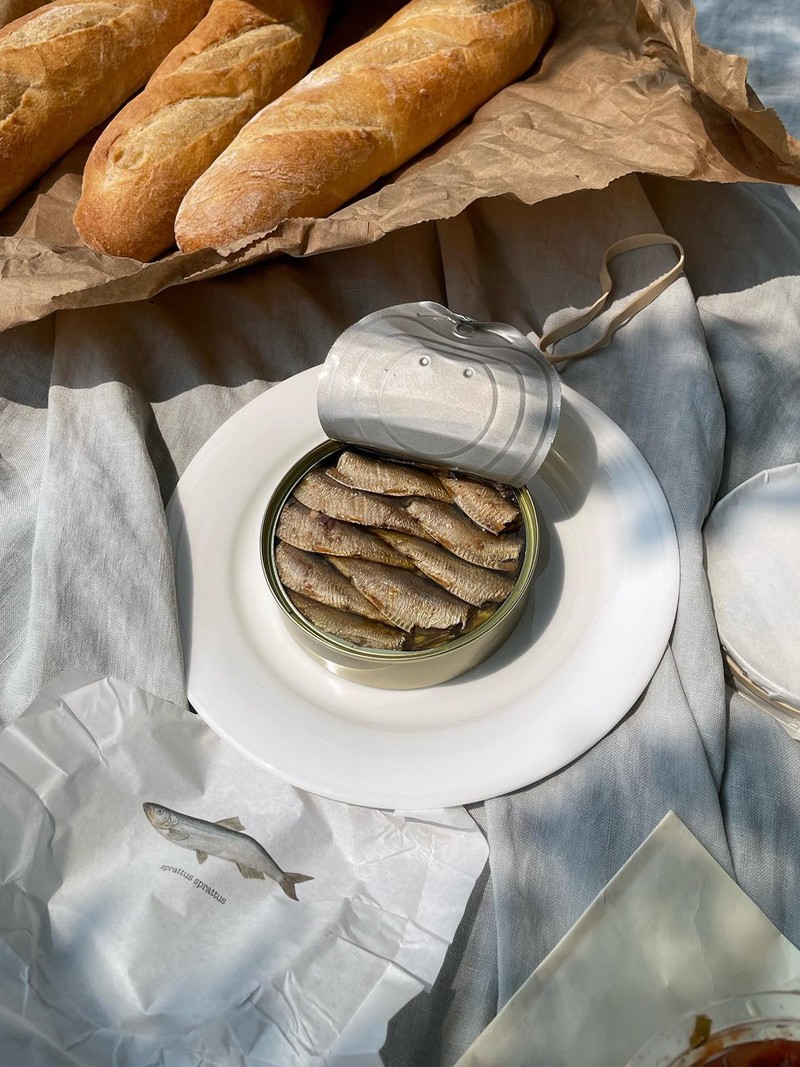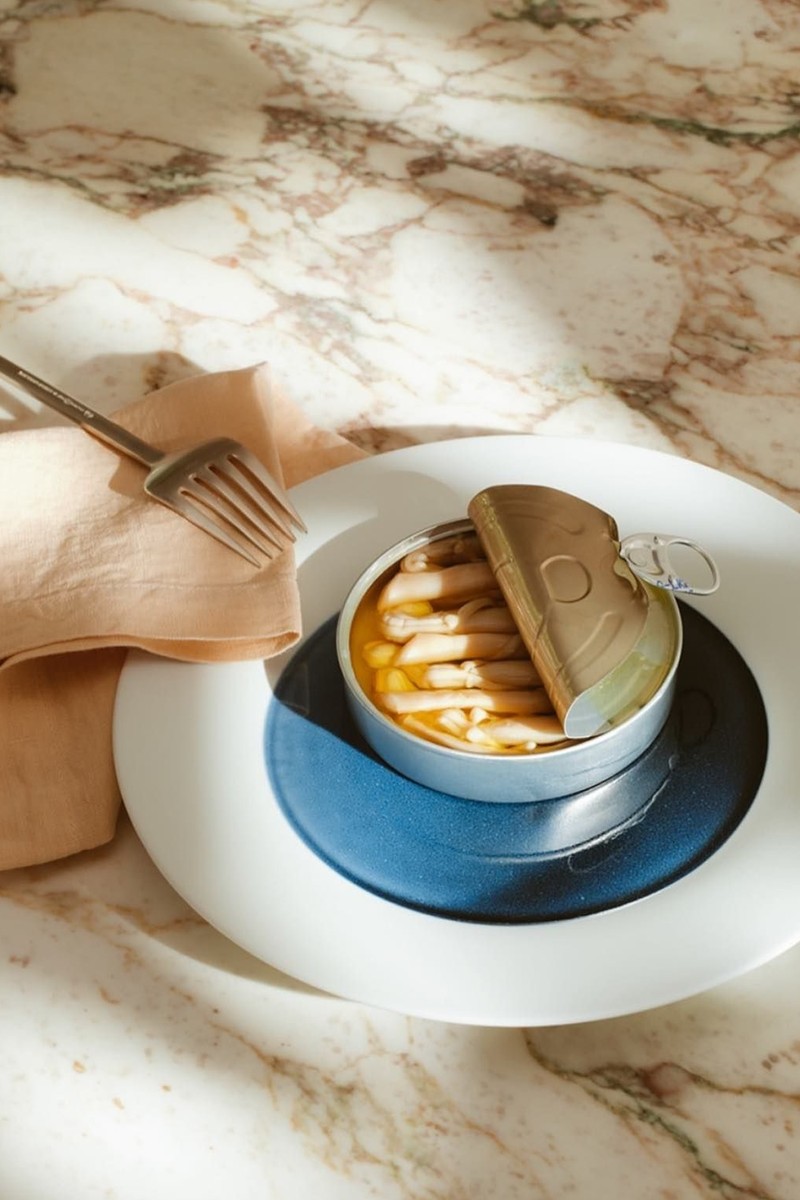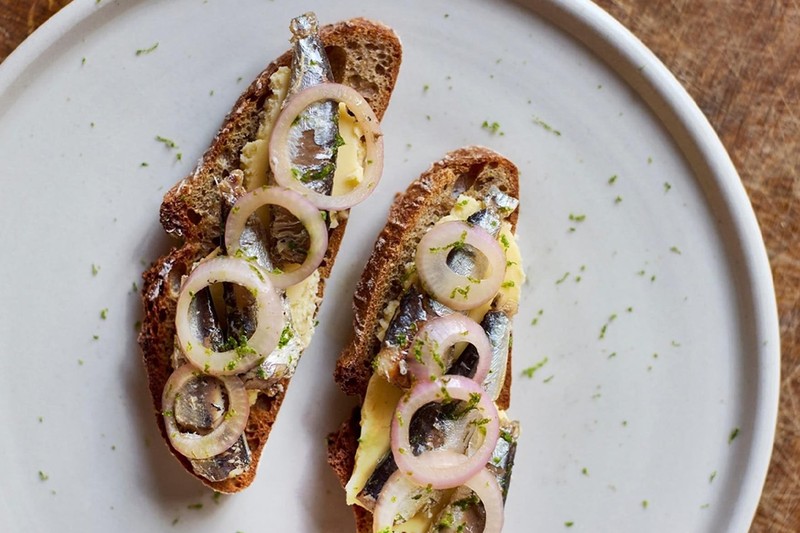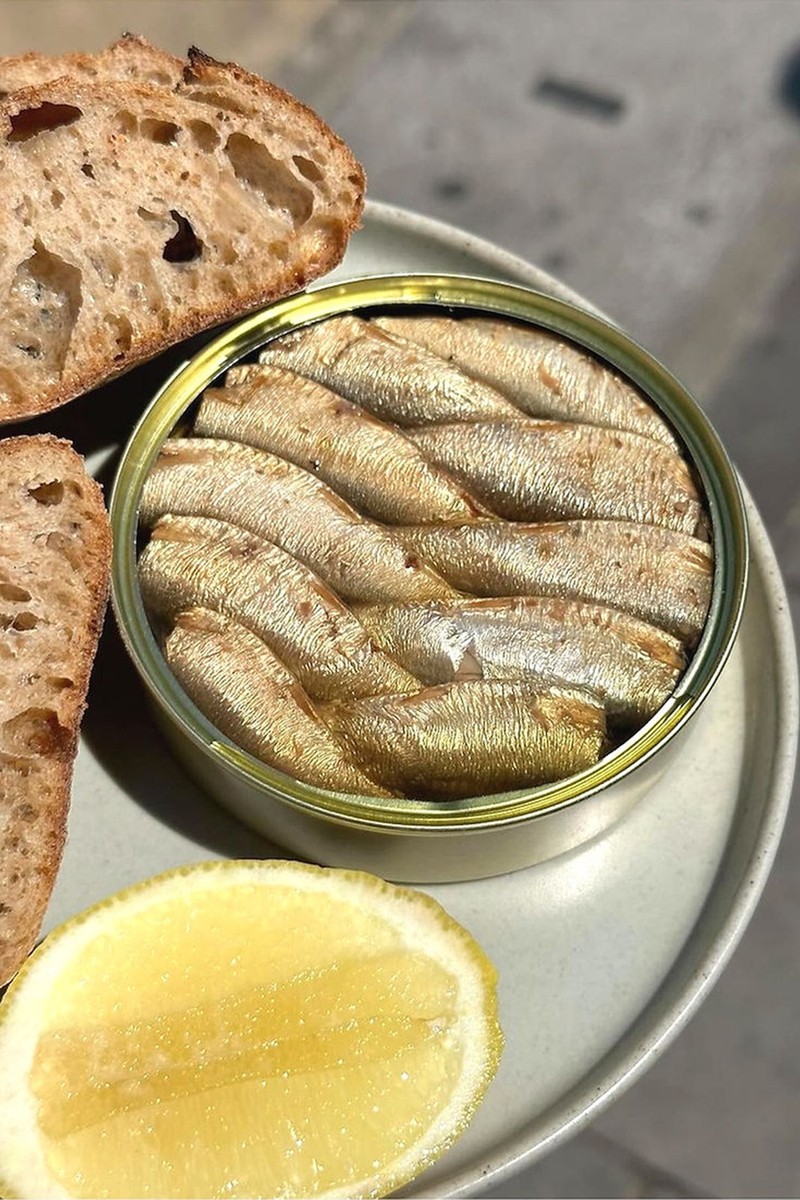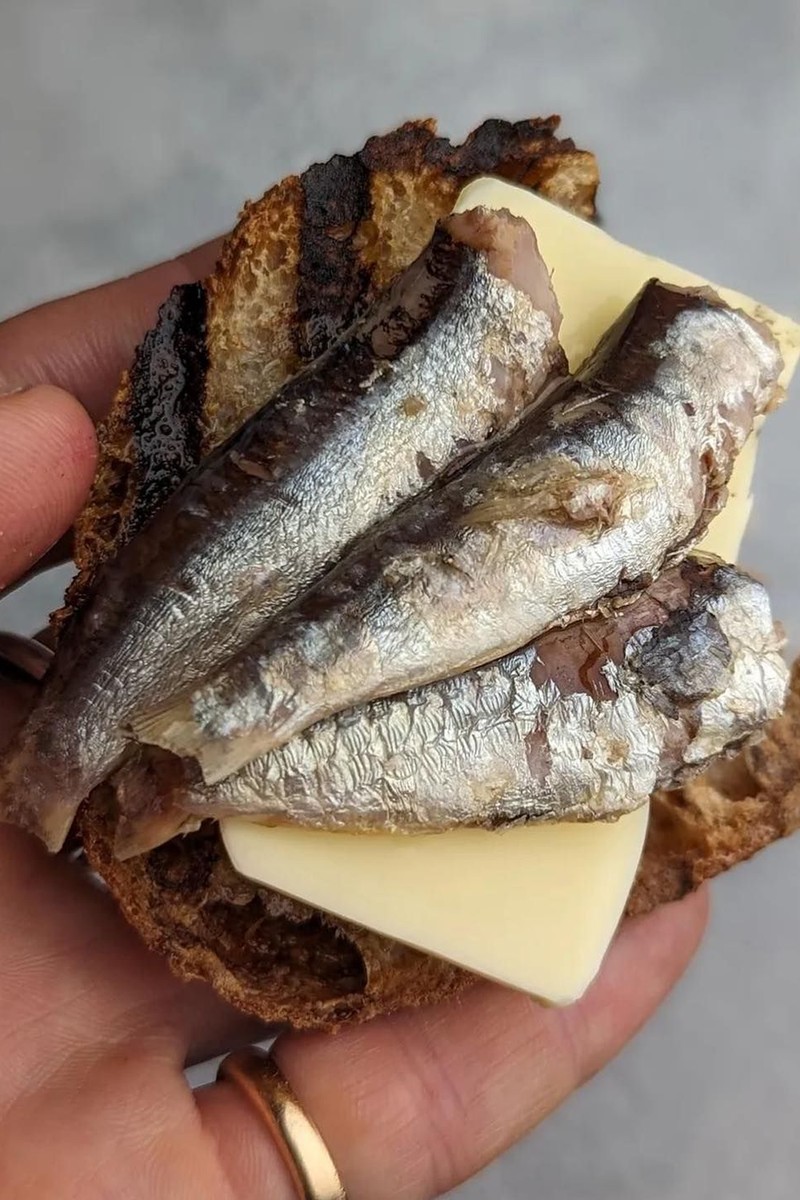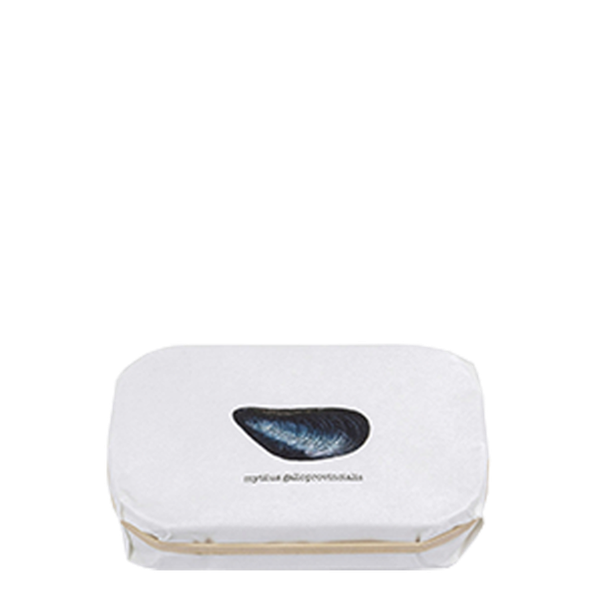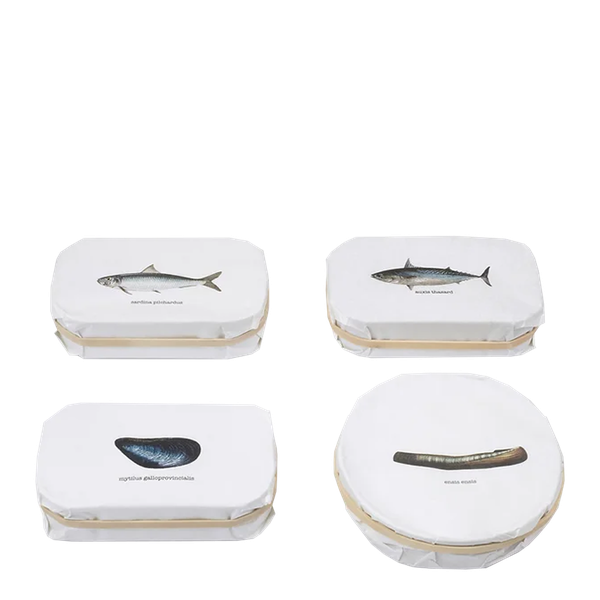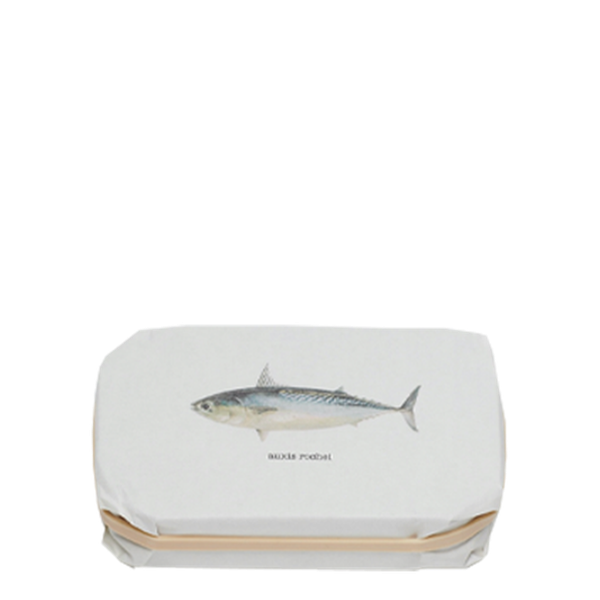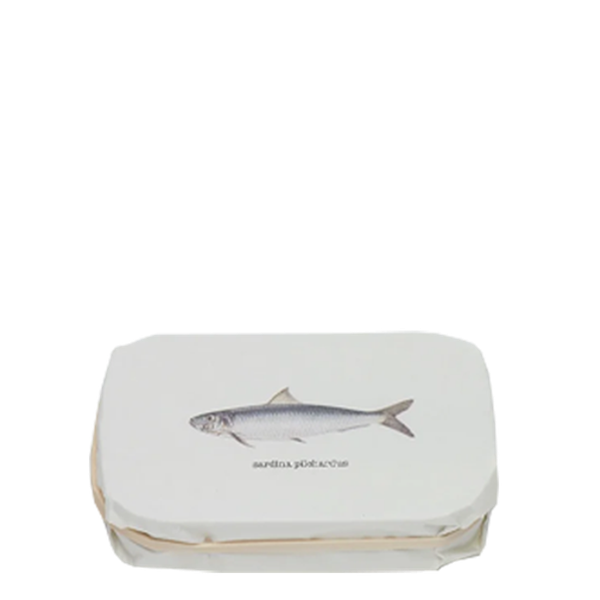Why You Need To Try Tinned Fish
I’m half Korean so I was raised on grilled fish with rice and kimchi. We knew how good it was for your skin, nails, brain – it was a superfood before that term existed. After a few years of running a tinned fish store in Vienna, my father and I became even more interested in its cultural heritage, and how sourcing and consuming it conscientiously can help protect our oceans. Pyscis was born out of an obsession with trying every type of tinned fish out there. My father and I have tried more than 300 tins of just pure sardines in olive oil, with no other ingredients to hide behind.
We tin several types of fish so there’s something for everyone. We have ‘royal’ sardines (vintage 2019) that were tinned by hand in Cambados, Galicia, and have been allowed to infuse in Spanish olive oil for about 40 months. We also have razor clams and little bullet tuna fillets – a lesser-known member of the tuna and mackerel family. They come from La Tarifa in Andalusia and are hand-boned, skinned and pared, before being infused with the very best Andalusian olive oil. Then there’s blue mussels in garlic and chilli. Rigorous quality control ensures that only the best, undamaged, uniform mussels make it into our tins. We also have a new product from Latvia: ‘Baltic Gold’ smoked sprats (2023) which are delicately smoked according to a 100-year-old recipe from Riga, with a hint of mustard seed in rapeseed oil.
Quality tinned seafood can be fresher than supermarket fish. It’s a seasonal product that needs to be caught at the perfect moment (late August to early September). Our sardines, for example, are brought in that morning and tinned immediately, so never put on ice or frozen. That’s how they can be fresher than any ‘fresh’ fish at the supermarket, which has likely been frozen and on ice for at least two weeks. Good tinned fish is caught, prepared and tinned only once in the year, just like wine. That’s the difference between mass-produced supermarket tinned fish for £2 and the gourmet stuff.
My favourite type is probably tinned mussels. We make ours with garlic and chilli – the exact recipe took us years to refine. The mussels are grown in Galicia, the heart of artisanal tinning, where they are bathed by the clean moving waters of the Atlantic. Since mussels and oysters are filter feeders and quite literally clean the water they are surrounded by, it’s extremely important to know what type of water they come from. We source most of our fish from small independent fishing villages in Galicia and Andalusia in Spain. These villages are known worldwide for tinning, so there’s a deep history and appreciation for species and tradition.
Gourmet tinned fish doesn’t need cooking. In fact it’s almost a shame to cook it – I wouldn’t make a pasta sauce, for example, with our bullet tuna. I’d rather enjoy the simplicity and quality of the product as is, with a good piece of crusty bread and a glass of cider or white wine. That said, our fish is delicious in salads and enjoyed as a side dish. I’d also encourage people to experiment and put together their own combinations.
Bad tinned fish is hard to elevate, but lime zest and pickled red onion will help. Anything with acid that cuts through the fattiness of the fish and oil is a good addition if you’re doing a simple dish like sardines on toast. Experiment with condiments and combinations – there’s no limit to what you can do. Jackson recently created some incredible snacks using our tins, combining our razor clams with grapes and almonds, our mussels with white pepper aioli and chervil, putting our sardines on toasted rye with butter and shallots, and serving bullet tuna in little gem lettuce with shiitake XO. It was mind-blowing.
Don’t throw away the oil. I like to make a homemade aioli with the olive oil from a tin of our sardines. In a small bowl, whisk together 1 egg, 1 tablespoon of lemon juice, 1 garlic clove (crushed) and half a teaspoon of Dijon mustard using a metal whisk. Place the bowl on a kitchen towel to hold it still. Whisking consistently, add the oil drop by drop, allowing each addition to incorporate into the egg mixture before adding more. As more oil is incorporated, you can pour the oil in a stream. Season to taste with salt and pepper. Whisk in more olive oil (a drop at a time) to taste, or use the lemon juice to thin the aioli, if needed.
Eating sustainably sourced and traced fish helps protect our oceans from industrial overfishing. It also supports small fishing communities and their historical food heritage, and protects waters from trawlers and industrial fishing vessels. We only source smaller fish that are in no way overfished or endangered, whose populations take no time to replenish and are very sturdy in their adaption to being fished right off the coast by small independent fisherman, the way they have been for hundreds of years.
Try not to eat too much supermarket tinned tuna. It often contains mercury and other toxins, as the size of the fish reflects its age and how many years it has been accumulating said toxins while being at the top of the food chain. That’s why smaller fish like anchovies, mackerel and sardines are always better for you and better for the environment.
There are so many restaurants creating exciting dishes with tinned seafood. I love Julius Ernst in Berlin which makes incredible dishes with the highest level of ingredients.
The future looks bright for tinned fish. Consumers are paying more attention to where their food comes from. As we have seen with olive oil and good butter, there is more of an understanding that spending a little more on basic foodstuffs gives you a big leap in quality and craftsmanship, not to mention taste.
You can find Pyscis at Natoora or shop direct at Pyscis.com
Inspired? Shop the tinned seafood below
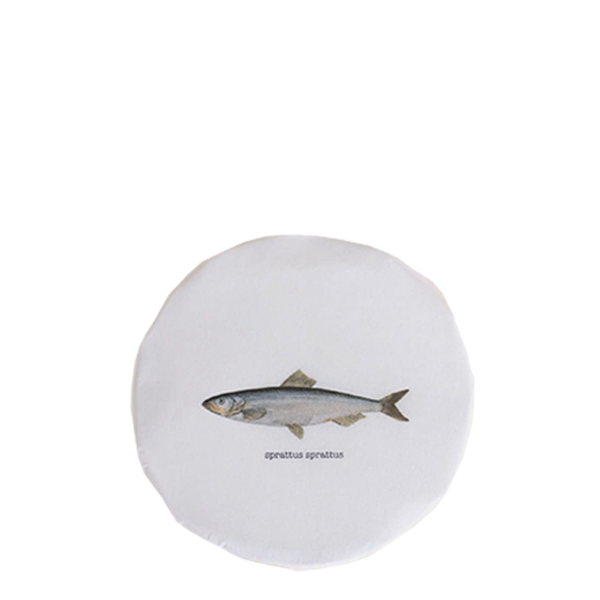
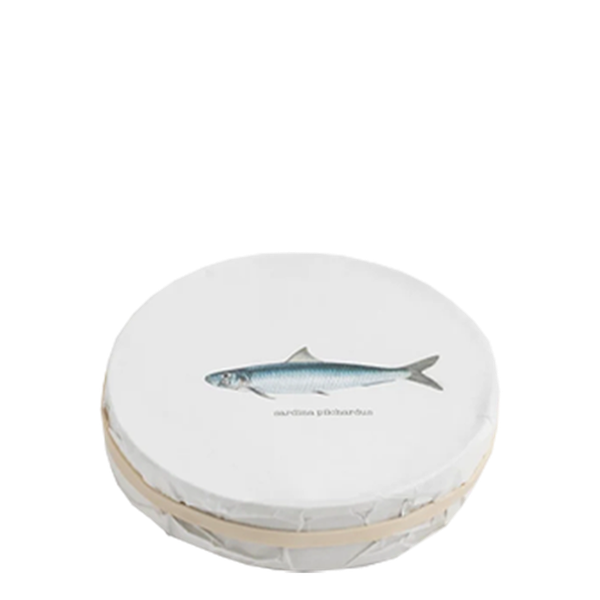
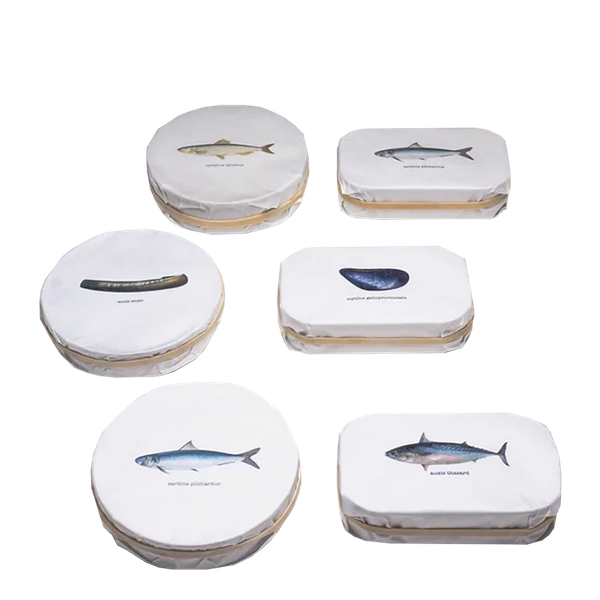
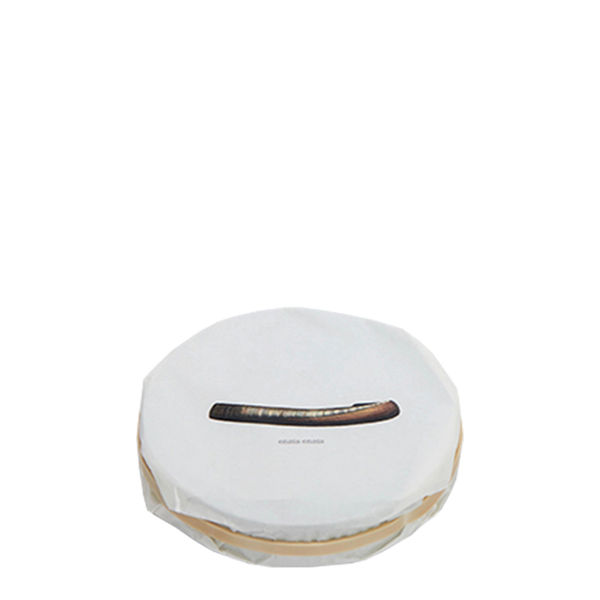
DISCLAIMER: We endeavour to always credit the correct original source of every image we use. If you think a credit may be incorrect, please contact us at [email protected].
